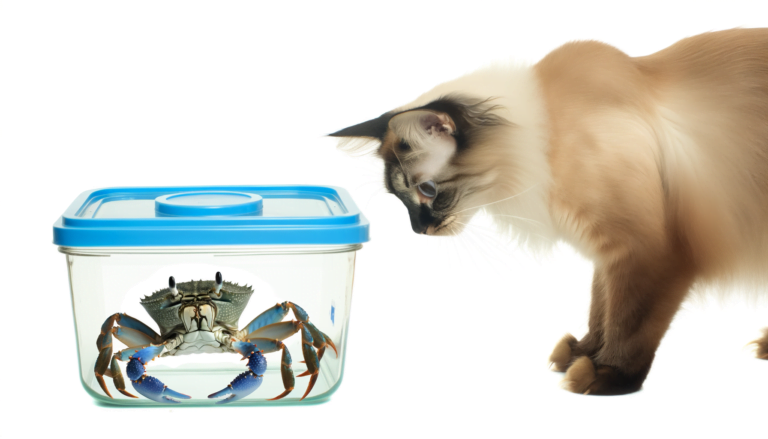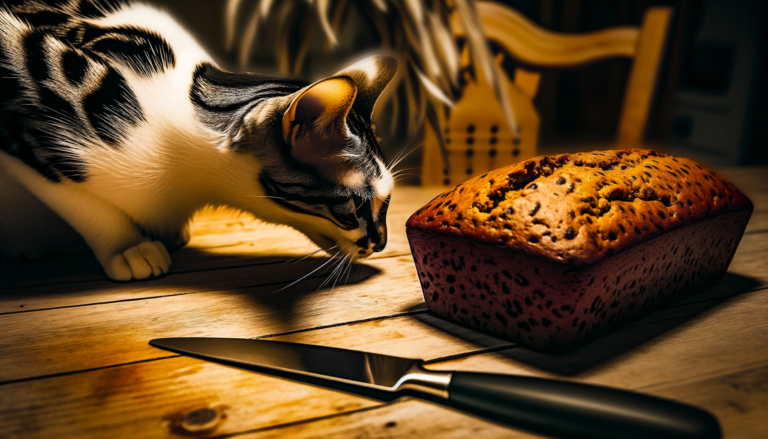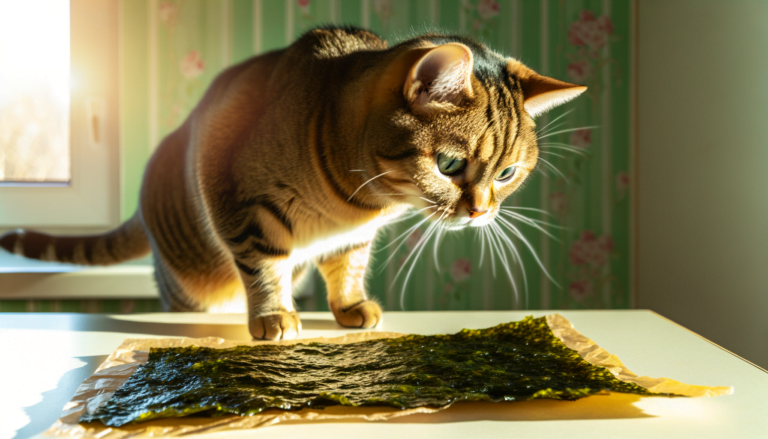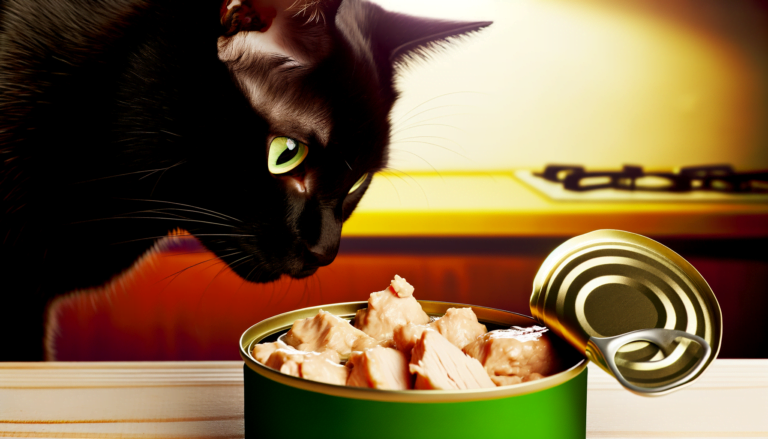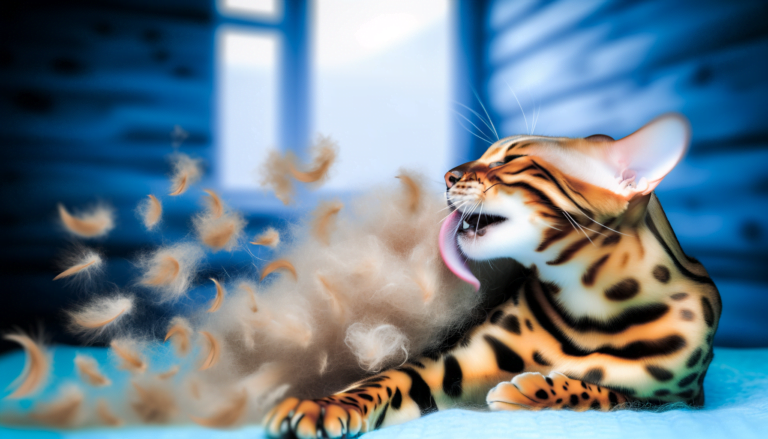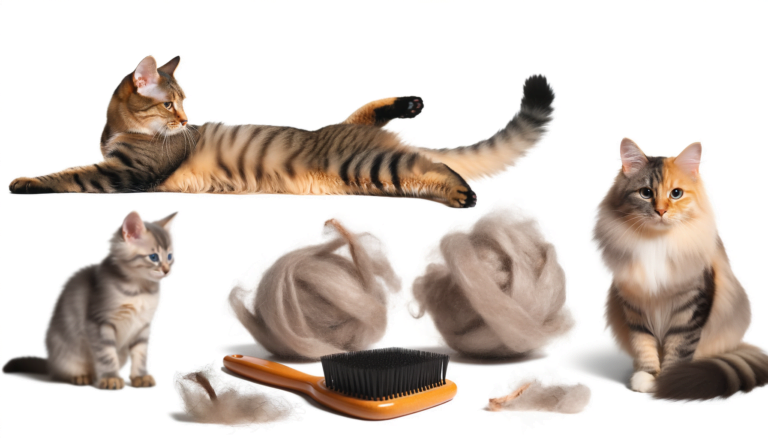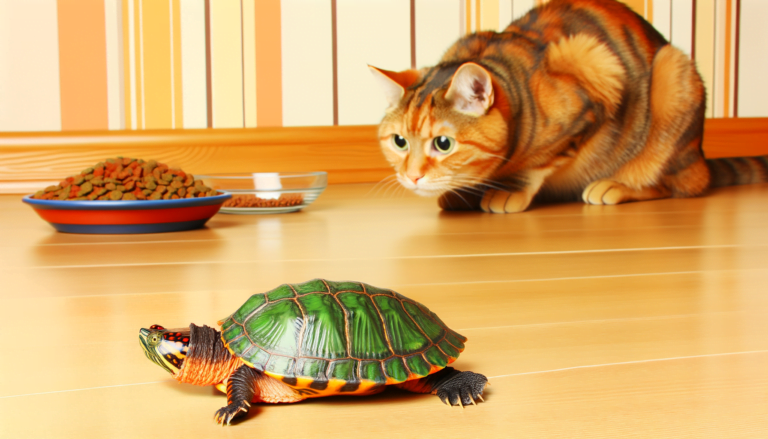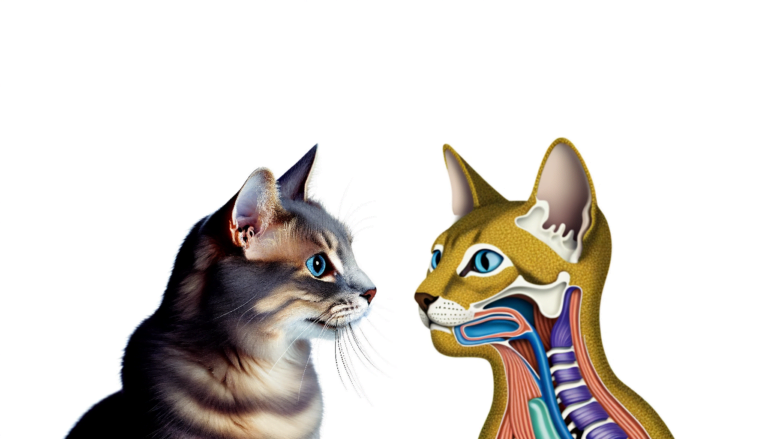Crustacean Conundrum: Can Cats Safely Dine on Crab?
Yes, cats can eat crab as it is a good source of protein, but it must be served in moderation. Pure, unseasoned, cooked crab could be safely added to your feline friend’s diet occasionally as a treat or dietary supplement. However, it’s essential to remove any hard shells first to prevent choking and ensure it’s thoroughly cooked to eliminate harmful pathogens. Keep in mind that crab doesn’t provide all the nutrients cats require for optimal health, so it should not replace their regular diet. Always consult a vet if you’re uncertain about introducing new foods into your pet’s regimen.
